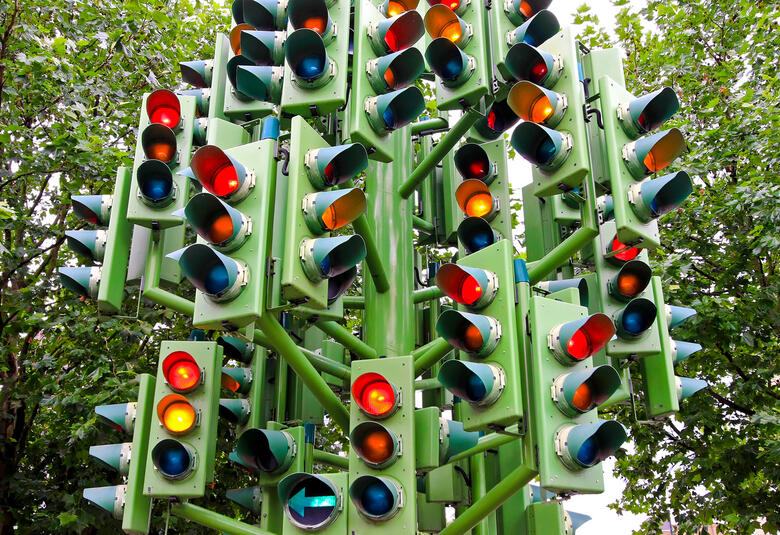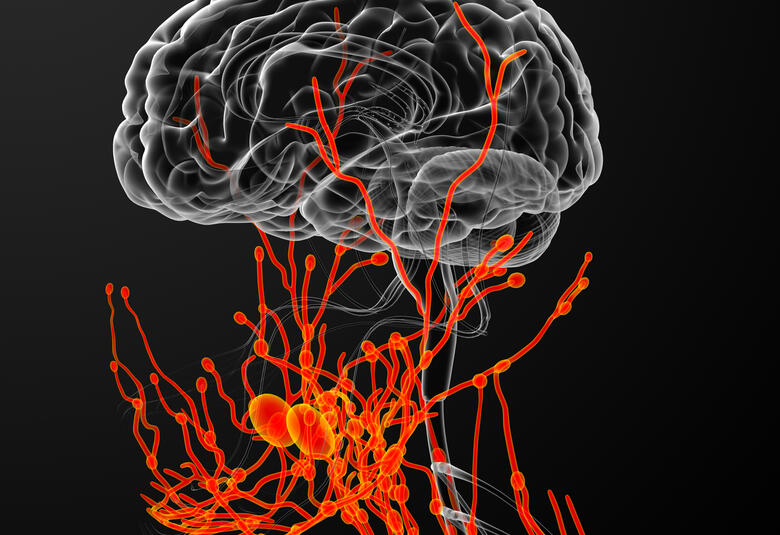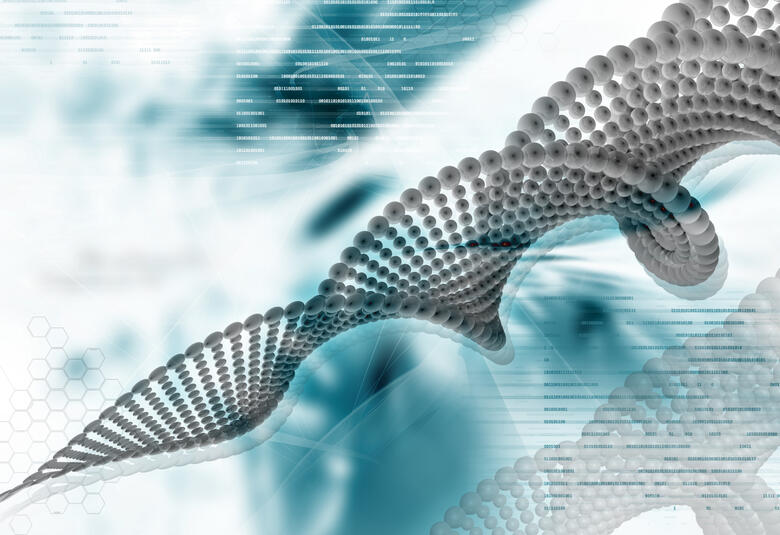Sexual side-effects, sometimes experienced by patients during treatment, are not only debilitating but may lead to poor treatment compliance and possible treatment discontinuation. Here we see that much can be done to prevent and overcome sexual side-effects.
“If sex is good for you, why not for your patients?” asked Angel Luis Montejo Gonzalez, Salamanca, Spain. His question was provoked by the finding that 85% of psychiatrists think that sex is important to their patients, yet 73% never ask their patients about it despite 35% of patients experiencing sexual dysfunction, due in part, to side-effects from their medications.
The implications are immense, not least when considering compliance with treatment. Therefore, psychiatrists need to treat patients’ sex lives with the same respect they treat their own, he suggested. “If you don’t ask,” he said, “they won’t tell.”
A neuroendocrine balancing act
So how does it all work and where best to intervene pharmacologically?
Sexual responsiveness requires the integration of sensory, motor, attentional and motivational aspects of sexual function balancing excitation (norepinephrine and oxytocin stimulating peripheral arousal, and dopamine (DA) and melanocortins impacting attention and desire) and inhibition (serotonin driving satiety, opioids mediating sexual reward, endocannabinoids inducing sedation, and prolactin reducing DA effects) in neuroendocrine pathways.
Balancing excitation/inhibition in treatment
Antidepressants and antipsychotics can have effects on sexual function and satisfaction by upsetting this precarious excitation/inhibition balance, Anita Clayton, Virginia, USA, explained.
A review of the available literature suggests that: antidepressants with positive effects on DA and melanocortin receptors and that are not broad 5-HTA1 agonists or 5-HT2 antagonists appear to have less impact on sexual functioning. Antipsychotics with D2 antagonist-partial agonistic effects or that act as 5-HT1A agonists or as 5-HT2 antagonists are also appear to be associated with lower rates of sexual dysfunction.
Sexual problems can be alleviated, if not avoided, through appropriate treatment
Putative prolactin control pathways
Raised serum levels of prolactin are often associated with sexual side-effects.
Dr Christian Broberger described some interesting electrophysiological studies on dopamine’s role in neuroendocrine tuberoinfundibular dopamine (TIDA) neuron feedback control. TIDA neurons inhibit prolactin release from the pituitary and it is thought that D2 receptor antagonists’ action in blocking pituitary D2 receptors causes hyperprolactinaemia. However, other systems may also be at play. These include D2 antagonist-induced TIDA neuronal depolarization blockade which likely removes the dopamine ‘brake’ for prolactin release.
Hyperpolarization of TIDA neurons is thought responsible for the adverse reproductive effects in patients with depression. SSRIs decrease TIDA neurons intrinsic excitability but in ways that are both 5HT-dependent and independent. Clearly, further work has to be done but as Dr Broberger said, “This is in vitro lab work and we don’t know if it applies to humans – but it does generate ideas for pharmacologists!”




